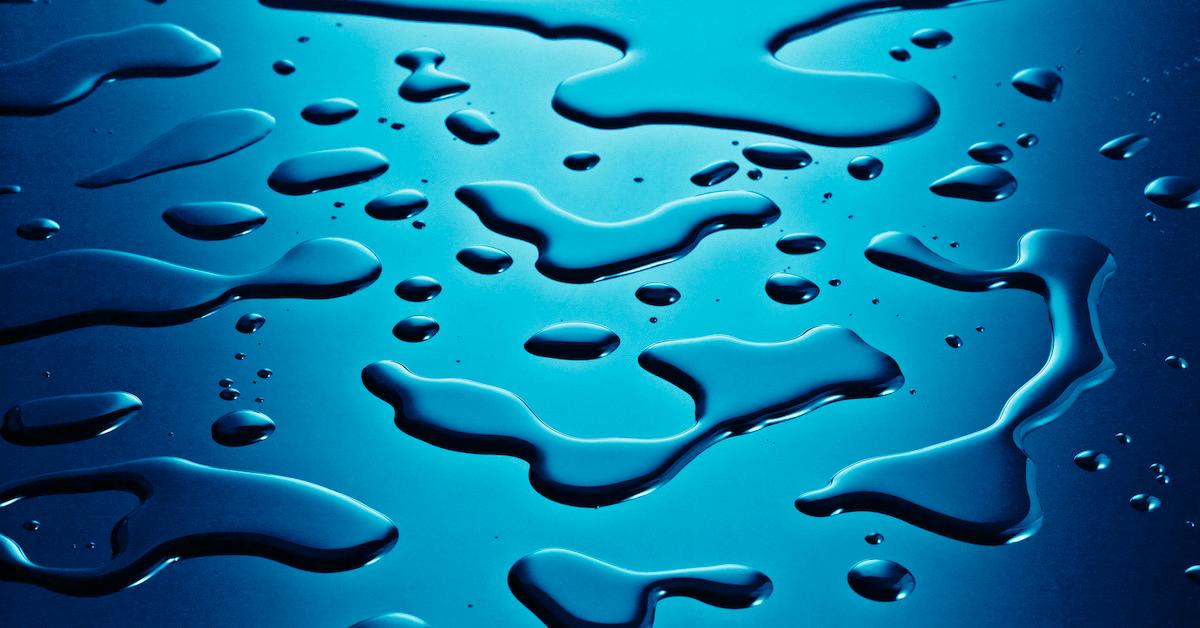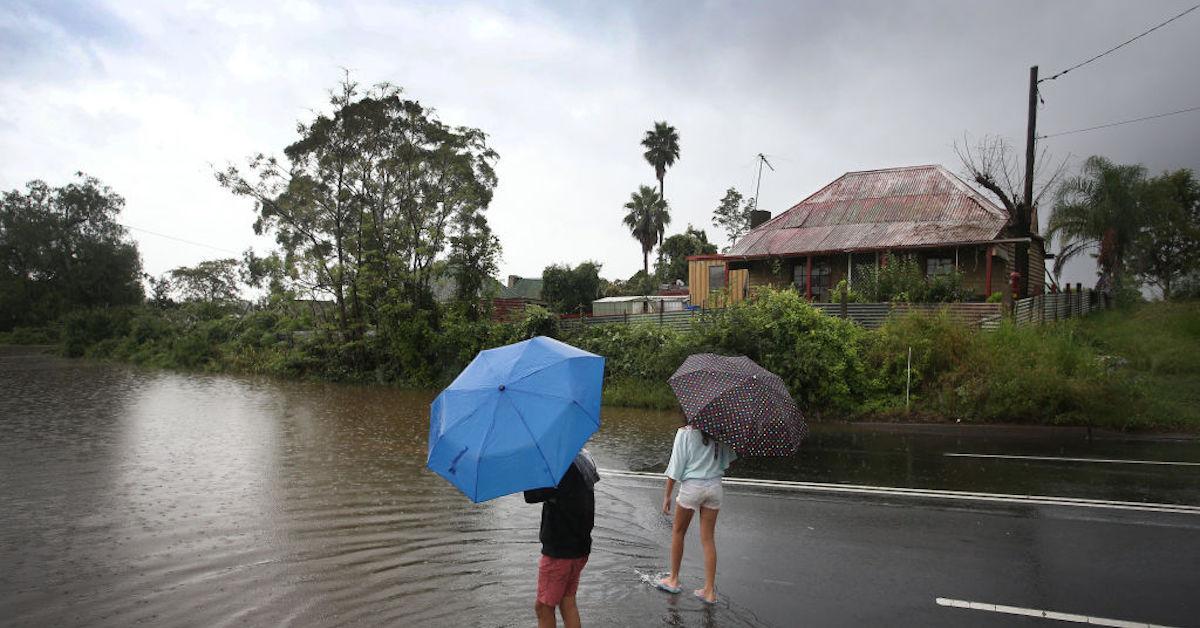How World Water Day 2024 Wants to Use Water for World Peace
Around the world, 2 billion people do not have safe drinking water at home.
Updated March 22 2024, 10:06 a.m. ET

Many of us take clean water for granted, but unfortunately, not everyone has access to it. According to the CDC, about 2 billion people don't have safe drinking water at home; and of those 2 billion, only around 1.2 billion have access to a drinking water service.
Meanwhile, pollution and global warming take a massive toll on our planet's waterways, especially on our oceans, which affects biodiversity in more ways than one. For these reasons among many others, it's crucial to advocate for clean water.
Organizations across the globe are constantly making efforts to improve the quality of planet Earth's waterways, for the sake of humankind and all other life on our planet. Every year, March 22 marks World Water Day — keep reading for more about the 2024 iteration of the holiday, what it means to global populations, and how to get involved with ensuring our waterways stay clean.

The theme for World Water Day 2024 is ‘Groundwater – Making the Invisible Visible.'
This year, World Water Day falls on Friday, March 22. The theme of World Water Day 2024 is "Leveraging Water for Peace."
According to UN Water, "water can be a tool for peace when communities and countries cooperate over this precious shared resource. But, water can also spark and intensify conflict when access is denied and usage unfairly shared."
So for that reason, UN Water hopes World Water Day 2024 can shine a light on ways we can "make water a catalyst for a more peaceful world."
For the holiday, the UN is releasing the annual new World Water Development Report, called “Water for Prosperity and Peace,” and presenting it on World Water Day 2024 at an all-day event at UNESCO headquarters in Paris. The report provides resources for policymakers on ways regarding clean water and how water can be used for peace.
If you want to get your students or children involved in the holiday, UN Water's website is filled with posters, an activation kit, and more.
UN Water has already started planning the next few World Water Days. The 2025 holiday's theme will surround glaciers; 2026 will focus on gender equality and clean water; and 2027 will connect health with water and sanitation.

U.N. Secretary General, António Guterres.
Why is water a sustainability issue?
The quality of drinking water and the well-being of marine life is affected by sustainability and global warming in a myriad of ways. Our reliance on the fishing industry and other uses of plastics, has lead to microplastics plaguing our oceans, lakes, and rivers. Meanwhile, power plants continuously dump toxic waste into waterways, affecting nearby communities and ecosystems; and polluted oceans impact undersea life as well as much of the food we eat.
With our heavy reliance on toxic, nonrenewable resources, things like oil spills, fracking, and pipelines continue to present huge environmental risks for waterways around the world, while government officials continuously cut corners and ultimately prevent marginalized and BIPOC communities from gaining access to clean water. Again, clean drinking water should be a right, not a privilege, though it can be hard to find in many communities worldwide.
Rising water temperatures, which are a direct result of pollutive human activities and global warming, are also killing off coral reefs, and therefore, full ecosystems. And, as water temperatures rise, so do the sea levels. This ultimately puts seaside communities, and eventually much of the planet, at risk for floods, if something isn't done soon to curb the ongoing climate crisis.

Children dip their feet in the rising floodwaters along the Hawkesbury River in the township of Windsor on March 22, 2021 in Sydney, Australia.
Here's how you can play your part in protecting the planet's water supply:
There are so many ways to do your part in conserving water. For example, you can simply work to save water around the house by making small changes, including eating less animal products, since animal agriculture is incredibly water-intensive. There are also certain ways to ensure the products you're buying aren't affecting nearby waterways, such as laundry detergents, pesticides, and more.
If you'd like to help fund sustainable water projects, there are many water-centric nonprofits you can donate to. Blood:Water partners with African grassroots organizations to bring clean water and HIV/AIDS support to millions of people in 11 countries, while the Environmental Defense Fund protects oceans and waterways alike.
Water is so important for a variety of reasons, and it's dire that we protect it for the sake of humankind, and all life on Earth.
This article, originally published on March 22, 2021, has been updated to reflect World Water Day 2024.